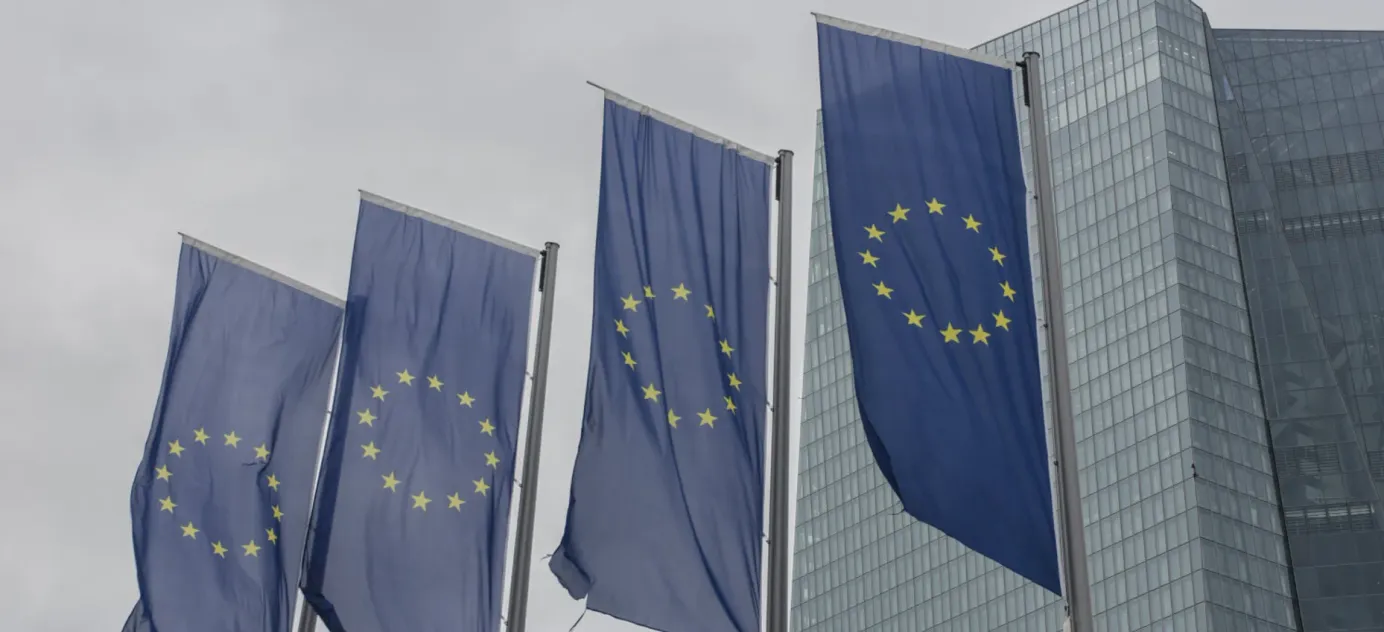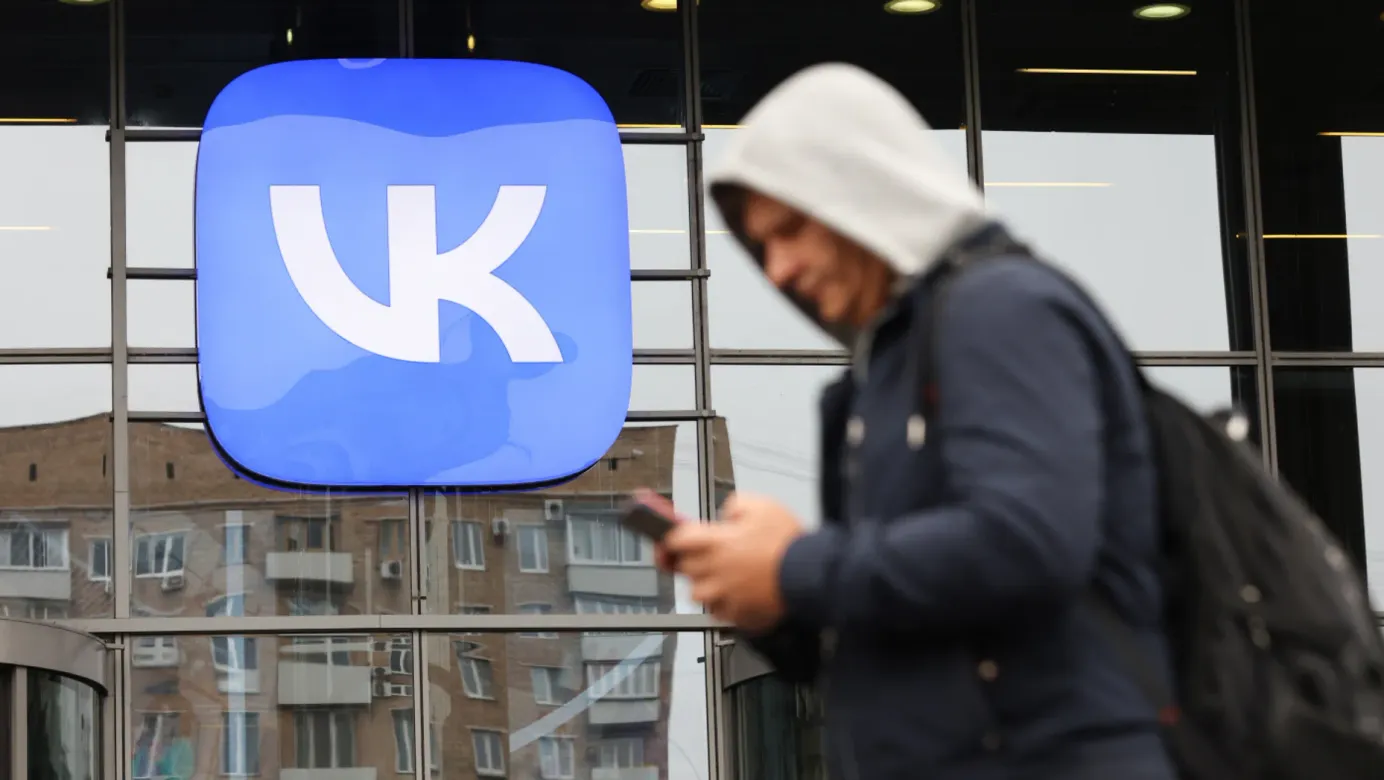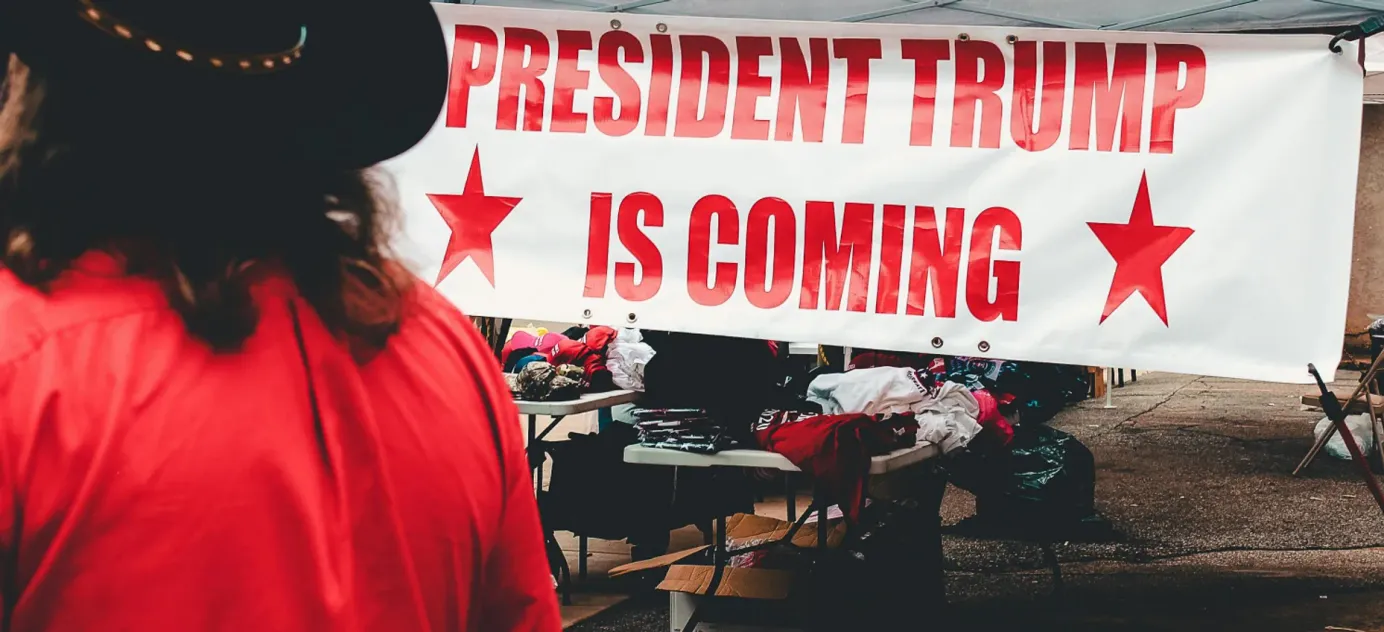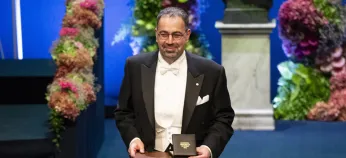
The EU looks at how to lift sanctions on Russian oligarchs
The EU’s Supreme Court last week discussed for the first time what Russian oligarchs need to do to have sanctions against them lifted. Namely, they will need to visibly part with any of their Russian businesses, not simply transfer them to other companies within the country.
- The Court of Justice of the European Union is hearing five appeals from Russian businessmen against decisions from lower courts that upheld sanctions. The suits come from billionaires Dmitry Pumpyansky, Viktor Rashnikov, Dmitry Mazepin and German Khan, as well as Yandex’s managing director Tigran Khudaveryan. Each is challenging the basis upon which they were hit with personal sanctions — their status as “leading” business people connected with sectors of the economy that generate “significant” income for the Russian government. The verdicts will become precedent.
- Addressing the cases, a legal spokesman for the Council of Europe said that sanctioned Russians have two options: one political and one formal. Both involve effectively severing ties with the Kremlin. The first is to speak out against Russia’s invasion of Ukraine, which in contemporary Russia is tantamount to parting with assets and facing criminal prosecution. The second is to switch business activities so as to cease being a “leading” figure, and leave Russia.
- Such separation must be “genuine and complete,” the EU representative insisted. Thus, it is not enough to give up a leadership position or transfer assets to another Russian holding company, which could be viewed as an attempt to circumvent sanctions. It is the sanctioned person’s responsibility to prove that they have truly “left” the Russian economy.
Why is it important?
The EU’s Supreme Court has presented the first clear criteria for lifting sanctions, confirming for the first time that the genuine sale of a business would be enough. Leonid Volkov (a former top aide to Alexei Navalny who has been labelled a foreign agent and “extremist” in Russia) wrote that a transparent mechanism for lifting sanctions will “open the way for Putin’s elites to escape” in his infamous messages to the EU leadership in support for Mikhail Fridman and Petr Aven.
Meanwhile, Russian elites are already having some success via the EU’s existing mechanisms. RTVI reported last week that EU court decisions upheld sanctions against Russian citizens and their families in 27 cases, but lifted them in 18 cases. However, the latter figure includes some verdicts that are of little practical use, as in one of the cases involving Fridman and Aven.
Courts are most likely to lift sanctions that were applied soon after the invasion, some of which were drawn up hastily, or even sloppily. It is likely this played a role in the mysterious precedent of RBC owner Grigory Berezkin. As the invasion dragged on, the EU mastered the concept of what it means by “leading” business figures and it became much harder for newer additions to escape sanctions.
It’s unlikely that the Supreme Court will rule anytime soon. The next step — the opinion of the Advocate General, will be presented on June 5, 2025. It is also unlikely to improve the prospects of the plaintiffs. An obligation to prove a complete departure from Russia will untie the hands of European officials. This will reduce the exemptions from sanctions to cases where there is media pressure, demanding the parties involved issue political statements.
The very definition of a “leading” Russian business figure should be interpreted broadly, according to materials from the hearings. Even heads of business associations could fall under this banner. Moreover, “leading” individuals are considered those who are politically influential as a class. Russian business and government are codependent with businessmen akin to “clowns in a circus, whom the management permits to walk the aisles and collect coins from the audience,” as one Czech representative put it in a speech cited by RBC.
Why the world should care
Sanctions against individual Russian billionaires remain the least effective of all the measures the West has taken against Russia since the invasion. Not one oligarch has spoken out against Putin due to being hit with sanctions. Instead of withdrawing capital, they are returning businesses to Russia and being listed as economically significant organizations. At the same time, if the EU is to get involved in some kind of grand deal with Russia to end the Ukraine war, personal sanctions are the easiest to lift.





